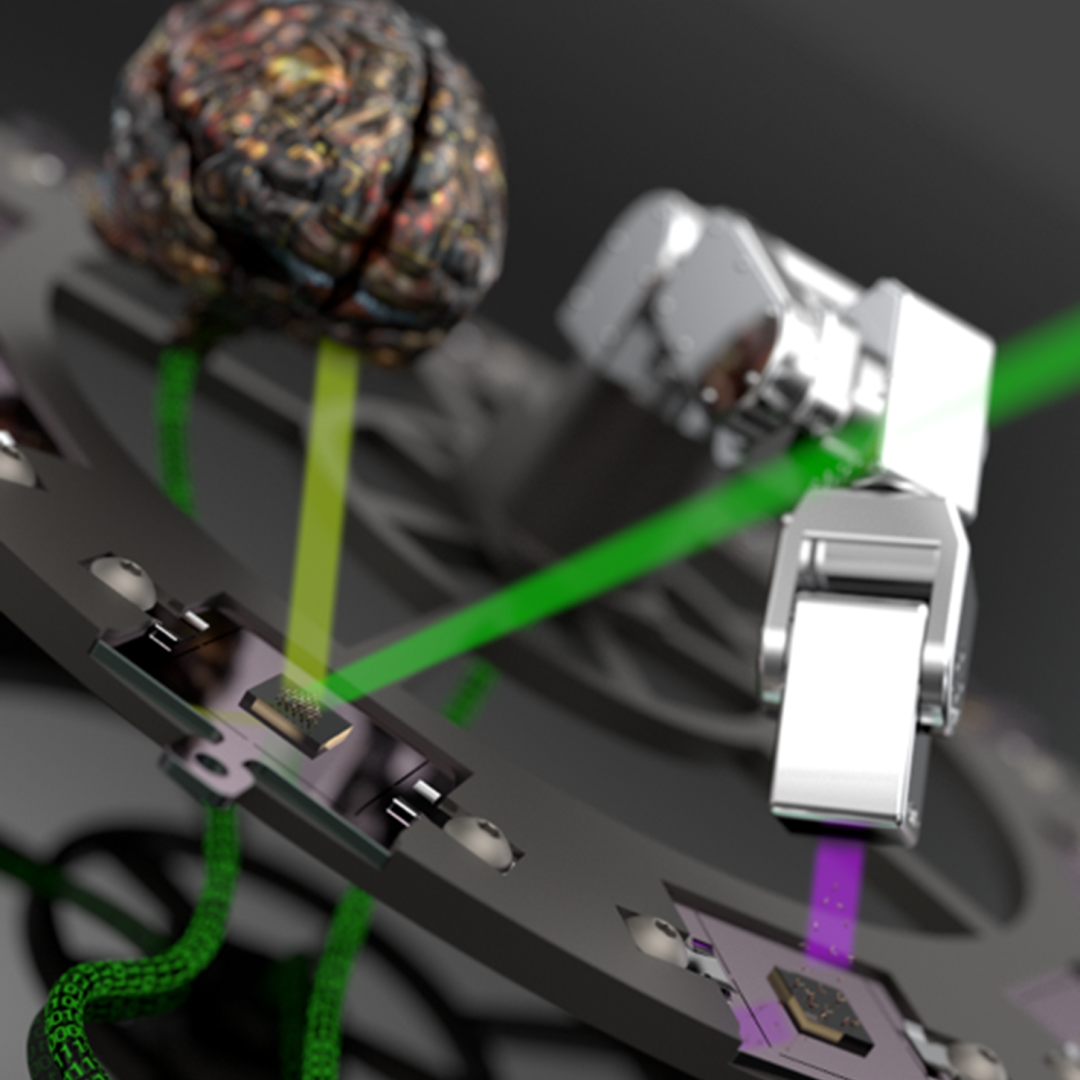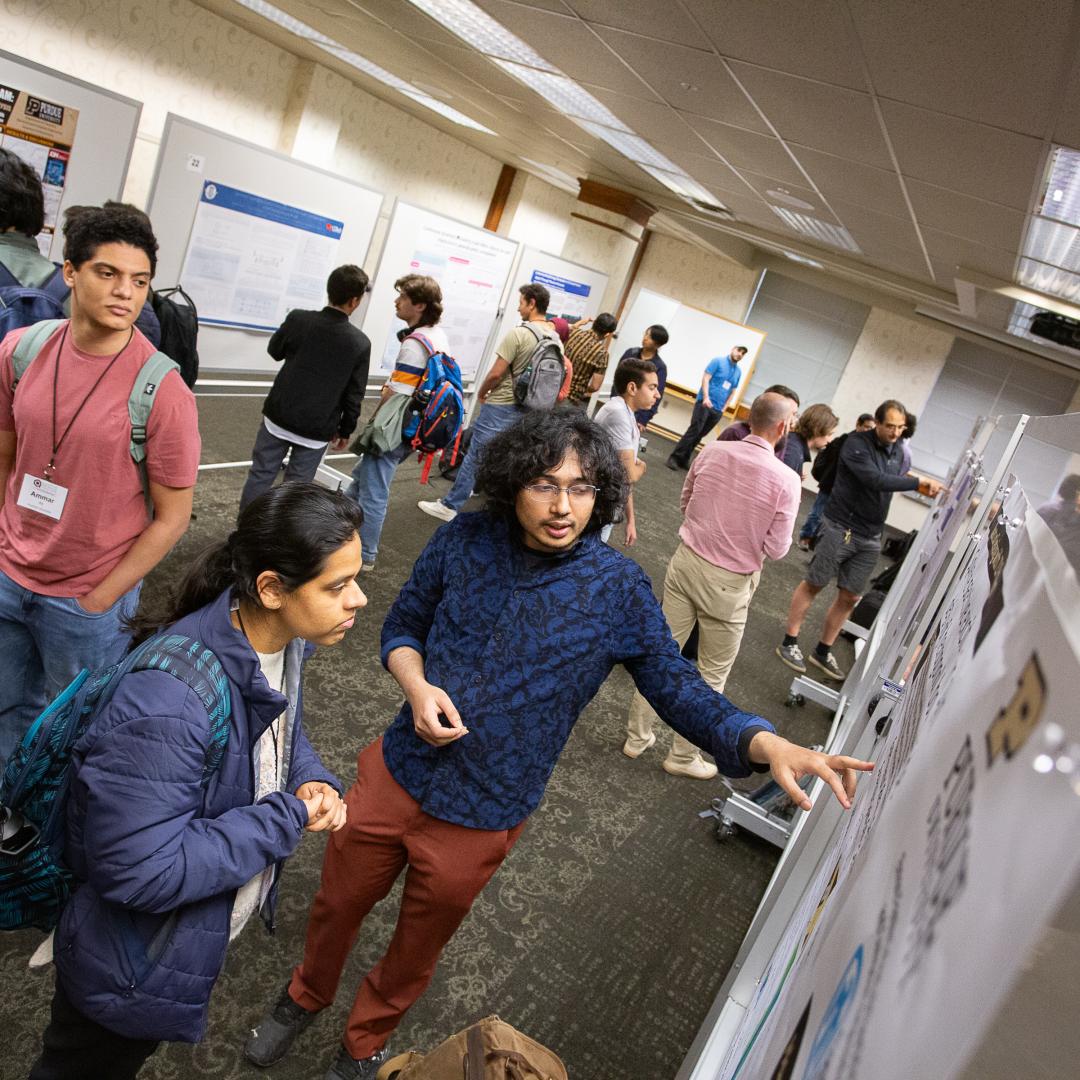Filter News
Area of Research
News Topics
- (-) Isotopes (3)
- (-) Physics (1)
- 3-D Printing/Advanced Manufacturing (16)
- Advanced Reactors (2)
- Artificial Intelligence (4)
- Big Data (5)
- Bioenergy (7)
- Biology (9)
- Biomedical (2)
- Biotechnology (1)
- Buildings (12)
- Chemical Sciences (3)
- Clean Water (8)
- Climate Change (10)
- Composites (5)
- Computer Science (11)
- Coronavirus (7)
- Critical Materials (5)
- Cybersecurity (1)
- Decarbonization (2)
- Energy Storage (11)
- Environment (18)
- Exascale Computing (1)
- Fusion (2)
- Grid (9)
- High-Performance Computing (9)
- Hydropower (5)
- Irradiation (1)
- ITER (2)
- Machine Learning (2)
- Materials (28)
- Materials Science (10)
- Mathematics (1)
- Microscopy (6)
- Nanotechnology (4)
- National Security (3)
- Net Zero (1)
- Neutron Science (6)
- Partnerships (1)
- Polymers (2)
- Quantum Computing (1)
- Quantum Science (5)
- Simulation (2)
- Space Exploration (6)
- Statistics (1)
- Summit (1)
- Sustainable Energy (26)
- Transportation (10)
Media Contacts
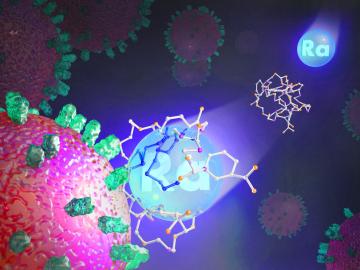
Researchers at ORNL explored radium’s chemistry to advance cancer treatments using ionizing radiation.
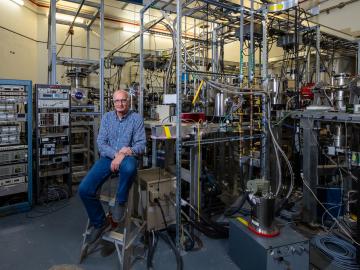
Scientists are using Oak Ridge National Laboratory’s Multicharged Ion Research Facility to simulate the cosmic origin of X-ray emissions resulting when highly charged ions collide with neutral atoms and molecules, such as helium and gaseous hydrogen.
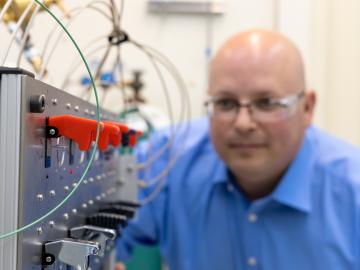
An Oak Ridge National Laboratory researcher has invented a version of an isotope-separating device that can withstand extreme environments, including radiation and chemical solvents.
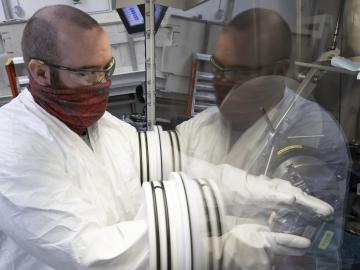
A better way of welding targets for Oak Ridge National Laboratory’s plutonium-238 production has sped up the process and improved consistency and efficiency. This advancement will ultimately benefit the lab’s goal to make enough Pu-238 – the isotope that powers NASA’s deep space missions – to yield 1.5 kilograms of plutonium oxide annually by 2026.


